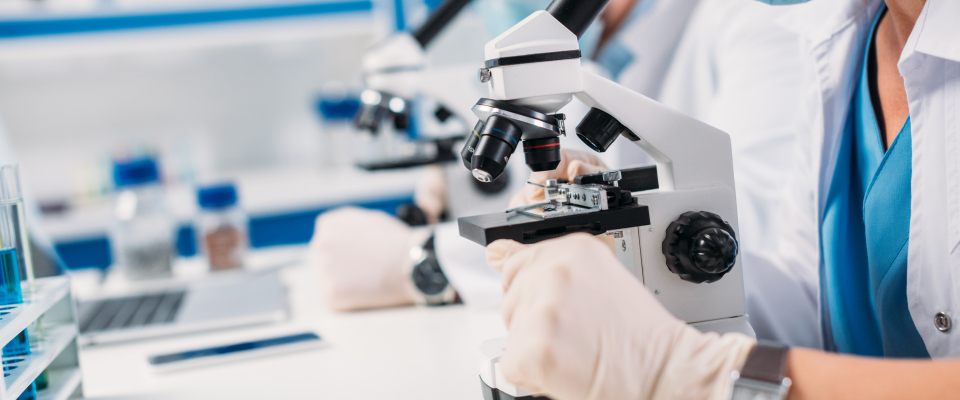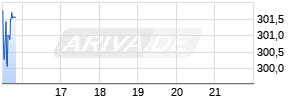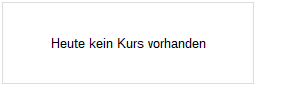
deCODE Study Reveals an Ancient Achilles Heel in the Human Genome
PR Newswire
REYKJAVIK, Iceland, September 20, 2017
REYKJAVIK, Iceland, September 20, 2017 /PRNewswire/ --
- The generation of new mutations is a key driver of evolution but also of susceptibility to rare diseases
- Fathers pass on four times as many new mutations as mothers do, but the maternal contribution is particularly strong in 10% of the genome that is prone to double-strand breaks in the helix structure of DNA
- These regions have been mutational hotspots for a very long time, and they are found in chimpanzees and gorillas but not orangutans
- This study provides the most comprehensive catalogue of de novo mutations to date - an important reference set for improving the diagnosis of rare diseases
In a major study published today, researchers at deCODE genetics use whole-genome data from 14,000 people from across the population of Iceland, including 1500 sets of parents and children, to provide the most detailed portrait to date of how sequence diversity in humans is the result of an evolving interaction between sex, age, mutation type and location in the genome. "Parental influence on human germline de novo mutations in 1,548 trios from Iceland" is published today in the online edition of Nature.
"This is an important new chapter in our ongoing work to understand the mechanisms driving genomic diversity and through that the evolution of our species," said Kari Stefansson, CEO of deCODE and senior author on the paper. "De novo or new mutations provide an important part of the substrate for evolution, launching a constant flow of new versions of the human genome into the environment. However, they are also believed to be responsible for the majority of cases of rare diseases of childhood. Providing a comprehensive catalogue of such mutations from across an entire population is therefore not just scientifically interesting but also an important contribution to improving rare disease diagnostics."
Today's study shows that in about 10% of the genome, the de novo mutations coming from the mother equal in number the ones coming from the father. Most of the maternally derived de novo mutations in these regions are C-to-G (C>G) mutations and are rooted in flaws in the repair of double-strand breaks. The density of C>G SNPs in this 10% of the genome is also very high, with considerable variability in the frequency of the less common allele. This indicates that these regions of the genome have been vulnerable to double-strand breaks for a very long time. These same regions of the genome also show a high density of C>G SNPs in chimpanzees, less so in gorillas, and not at all in orangutans.
"The frequency of de novo mutations in this 10% of the genome is almost twice that in the rest of the genome. By definition the attributes conferred on us by genes in this region must evolve faster than other attributes," Dr Stefansson added.
This study leverages deCODE's unique genetics resources in Iceland to build upon earlier results linking parental age and sex to variability in recombination and various types of mutation. De novo mutations are so called because they are generated during the formation of eggs and sperm, they can be passed to offspring but are not seen in the parents. The deCODE team was able to develop such a large dataset and catalogue of these mutations correlating whole-genome sequence data from thousands of individuals and multiple generations of families with information on the age of parents at the time their children were born.
ARIVA.DE Börsen-Geflüster
Weiter abwärts?
| Kurzfristig positionieren in Amgen Inc. | ||
|
ME8G58
| Ask: 1,54 | Hebel: 5,31 |
| mit moderatem Hebel |
Zum Produkt
| |

Kurse
 |
 |
Based in Reykjavik, Iceland, deCODE is a global leader in analyzing and understanding the human genome. Using its unique expertise and population resources, deCODE has discovered genetic risk factors for dozens of common diseases. The purpose of understanding the genetics of disease is to use that information to create new means of diagnosing, treating and preventing disease. deCODE is a wholly-owned subsidiary of Amgen (NASDAQ:AMGN).
Contact:
Jon Gustafsson
deCODE genetics
jon@decode.com
+354-664-1905
Edward Farmer
for deCODE genetics
efarmer@wuxinextcode.com
+1-781-775-6206
SOURCE deCODE genetics

Mehr Nachrichten zur Amgen Inc. Aktie kostenlos abonnieren
(Mit der Bestellung akzeptierst du die Datenschutzhinweise)

Hinweis: ARIVA.DE veröffentlicht in dieser Rubrik Analysen, Kolumnen und Nachrichten aus verschiedenen Quellen. Die ARIVA.DE AG ist nicht verantwortlich für Inhalte, die erkennbar von Dritten in den „News“-Bereich dieser Webseite eingestellt worden sind, und macht sich diese nicht zu Eigen. Diese Inhalte sind insbesondere durch eine entsprechende „von“-Kennzeichnung unterhalb der Artikelüberschrift und/oder durch den Link „Um den vollständigen Artikel zu lesen, klicken Sie bitte hier.“ erkennbar; verantwortlich für diese Inhalte ist allein der genannte Dritte.



